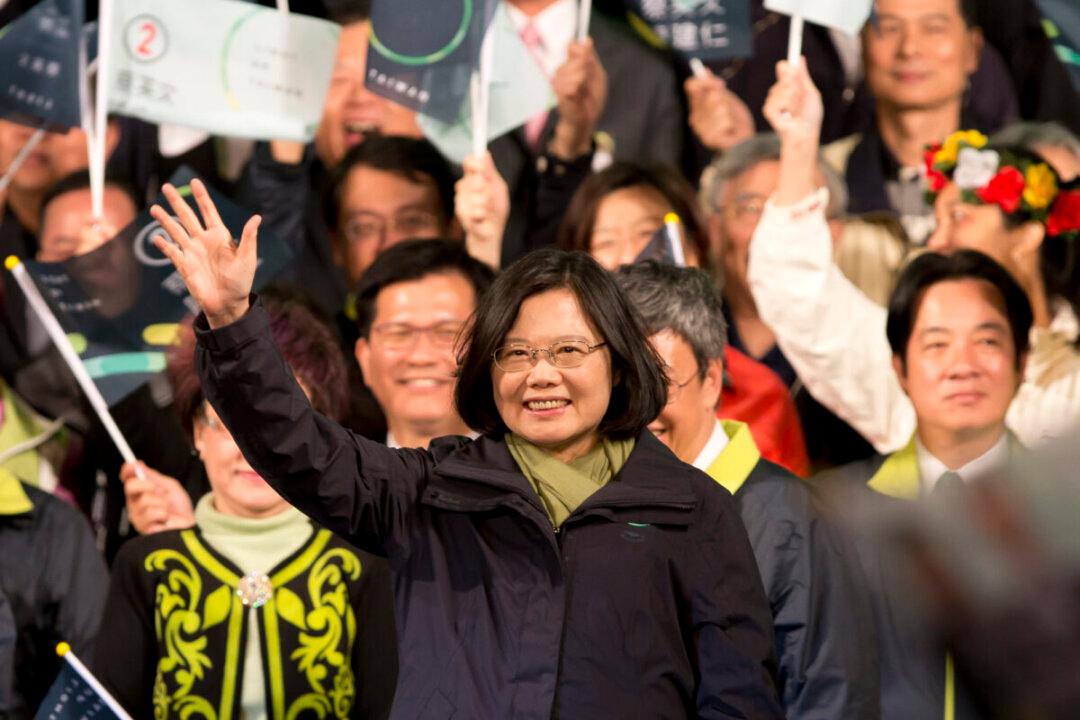The following field note on cities as democratic laboratories was inspired by a recent visit to the Republic of Korea. The highlight of my journey was an afternoon meeting and press conference with Park Won-soon, mayor of the city of Seoul, held on Nov. 24, 2015.
I’m probably not the only person currently gripped by the feeling that democratic institutions, with a few exceptions, are suffering serious setbacks and unsolved challenges everywhere at the global level. Among the most important set of exceptions are the cities of our planet.
True to their past, more than a few metropolises today function as exciting democratic laboratories, experimental spaces where new democratic ways of handling power, resisting austerity, and improving citizens’ lives are being successfully tested.
My visit to Seoul convinced me that it is among the trend-setters. Stylish and prosperous capital city of the Republic of Korea, itself ranked as the world’s most innovative country in the Bloomberg Innovation Index, Seoul has the world’s fastest Internet connection speed and ranks second in smartphone usage. It provides free Wi-Fi access in almost all outdoor spaces. The municipal government is committed to preventing a digital underclass: By 2015, a million second-hand smart devices were distributed free of charge to the elderly, the disabled, and low-income families.




